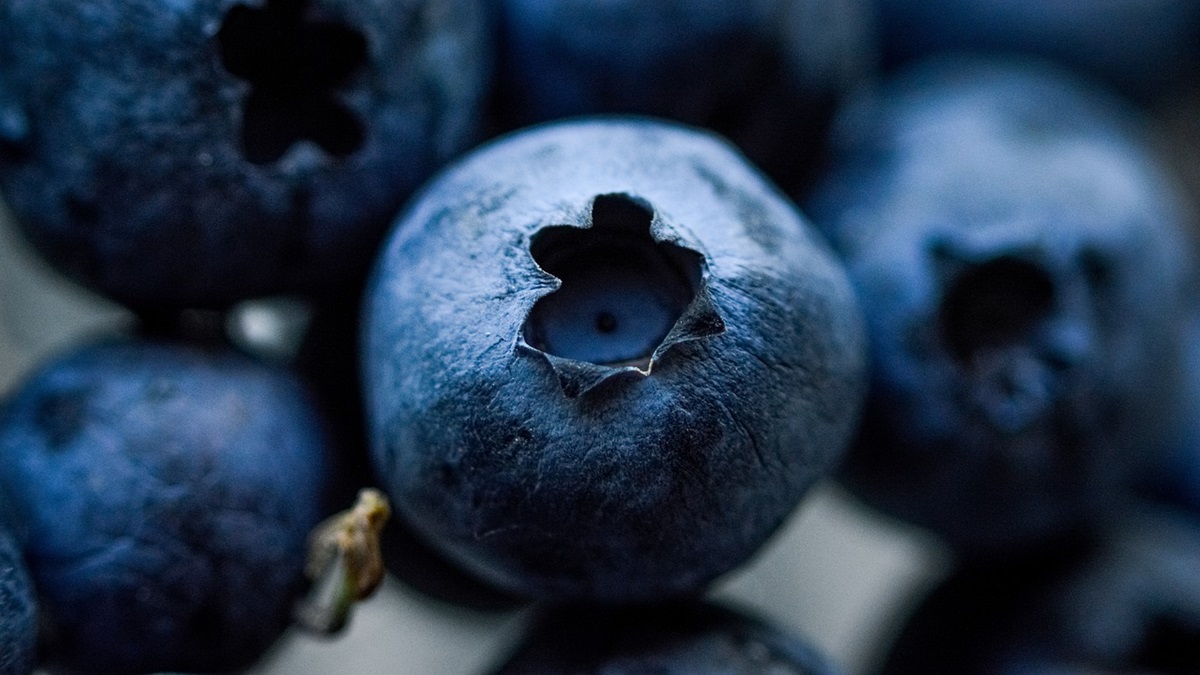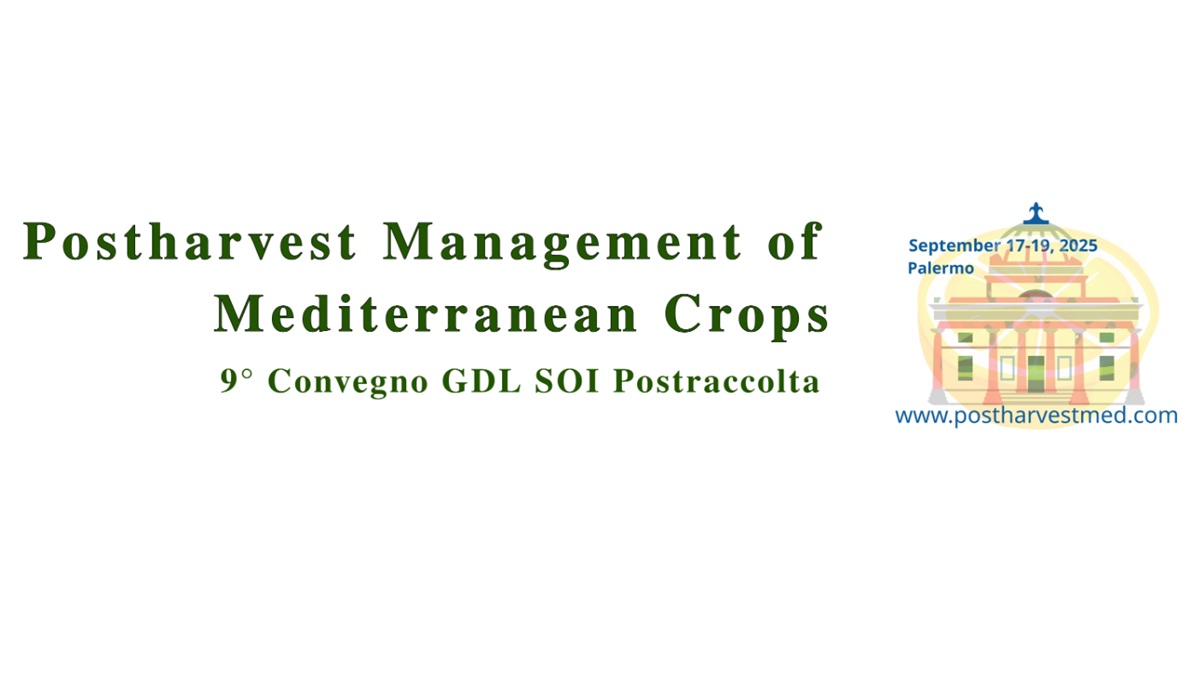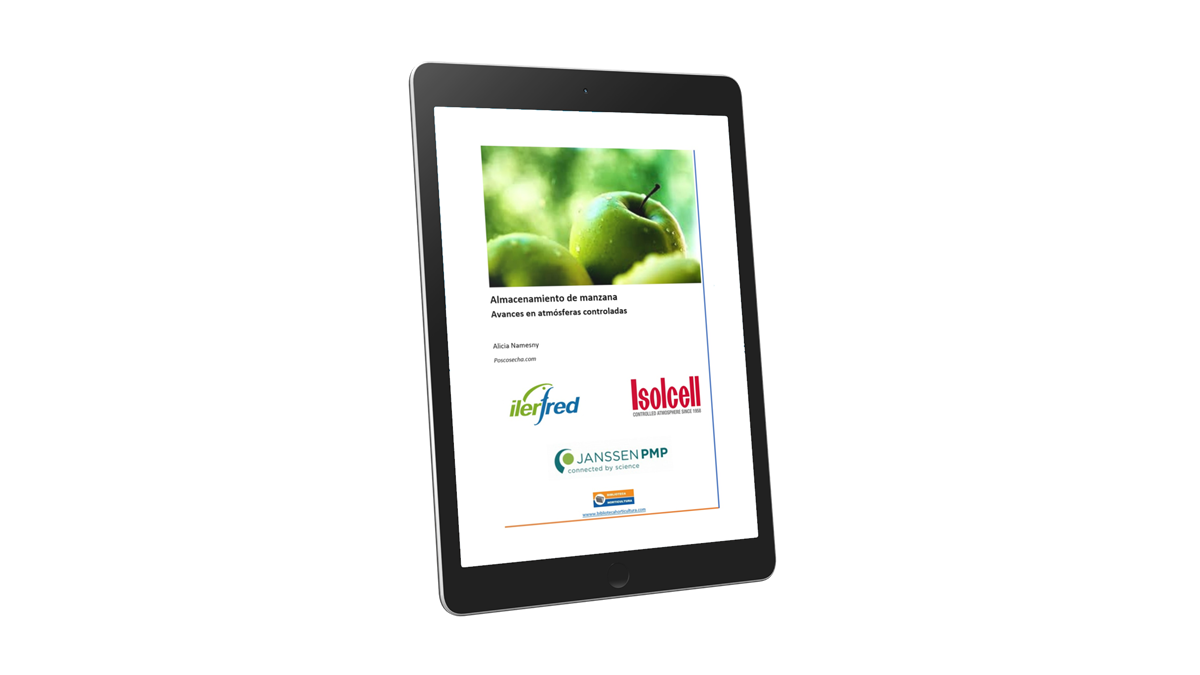A team of researchers at INIA La Platina has made a groundbreaking advancement in the biological control of Botrytis cinerea, the fungus responsible for postharvest gray mold in blueberries. This innovation leverages the unique properties of an Antarctic bacterium, Pseudomonas sp. AN3A02, renowned for its resilience in extremely cold and nutrient-scarce environments, making it particularly well-suited for postharvest applications.
The study, spearheaded by researchers Pablo Ulloa, Ana Luisa Valencia, Daniela Olivares, Matías Poblete-Morales, Evelyn Silva-Moreno, and Bruno Defilippi, explored the potential of this bacterium to mitigate fungal presence on blueberries. Initial findings demonstrated a 71% reduction in damage caused by Botrytis cinerea when the fruit was treated with the bacterium.
The efficacy of Pseudomonas sp. AN3A02 lies in its release of volatile organic compounds (VOCs) with antifungal properties that inhibit fungal growth during storage. These VOCs, which include alcohols, aldehydes, esters, and terpenes, were identified using advanced gas chromatography and mass spectrometry (GC-MS) techniques.
Published in the scientific journal Food Packaging and Shelf Life, this research highlights a natural, eco-friendly alternative for fungal control that eliminates the need for chemical fungicides. This approach not only enhances consumer safety but also reduces environmental impact, aligning with the global shift toward more sustainable agricultural practices.
This work is part of the active packaging research initiative led by the Postharvest Unit at INIA La Platina, which seeks to extend fruit shelf life. The study was conducted as part of the FONDEF/IDeA project ID20I10197. By introducing this innovative method for biological control of postharvest pathogens, the research paves the way for transformative fruit preservation strategies that could benefit producers and consumers worldwide.
Source
Ulloa, P. A., Valencia, A. L., Olivares, D., Poblete-Morales, M., Silva-Moreno, E., & Defilippi, B. G. (2023). Antifungal effect of volatile organic compounds (VOCs) released from Antarctic bacteria under postharvest conditions. Food Packaging and Shelf Life, 39, 101160. https://doi.org/10.1016/j.fpsl.2023.101160













